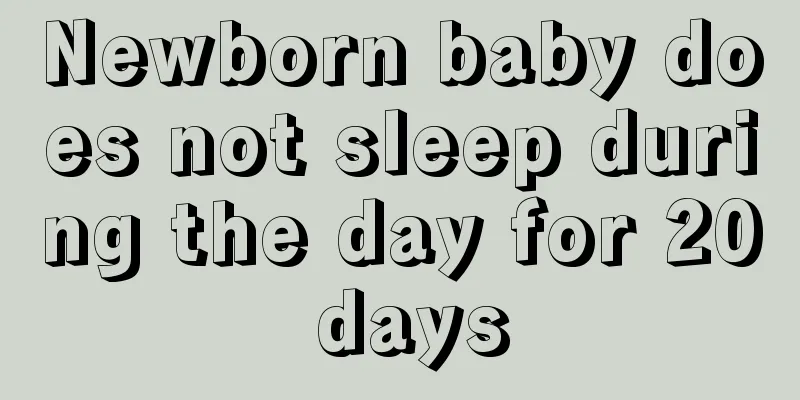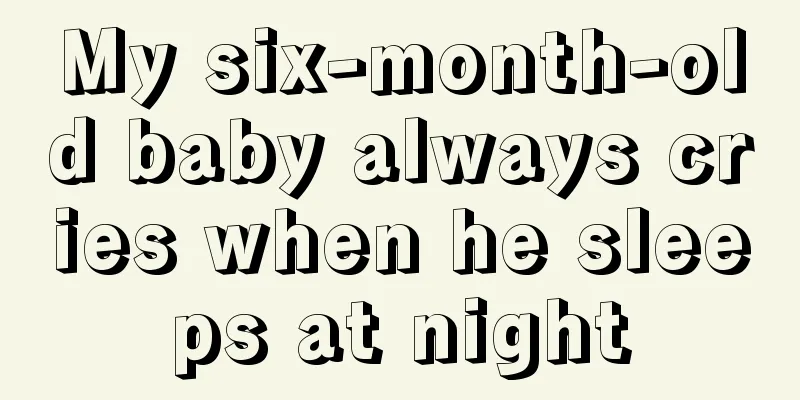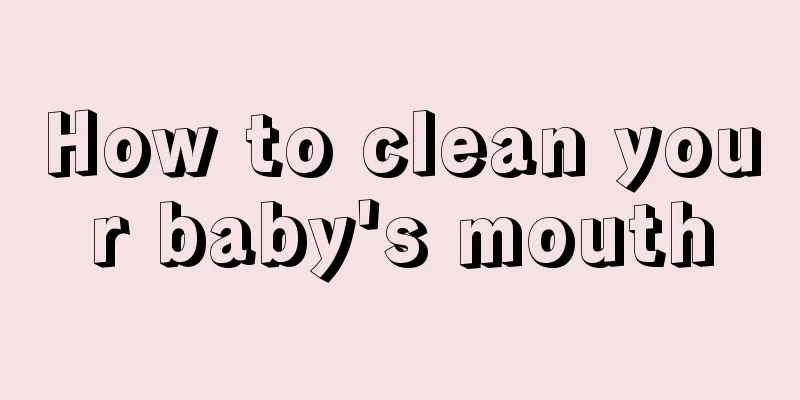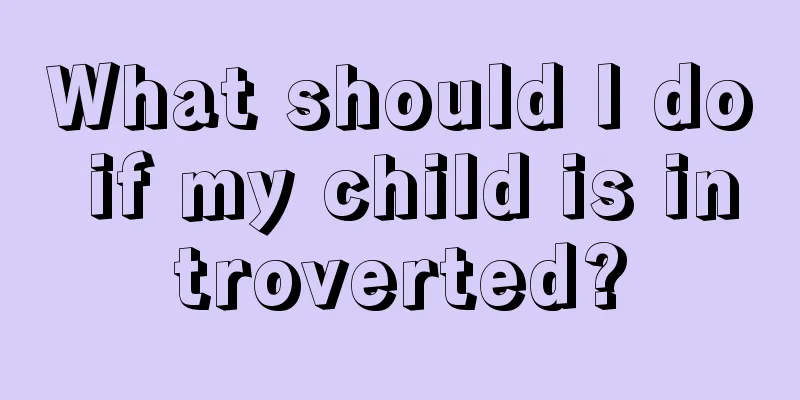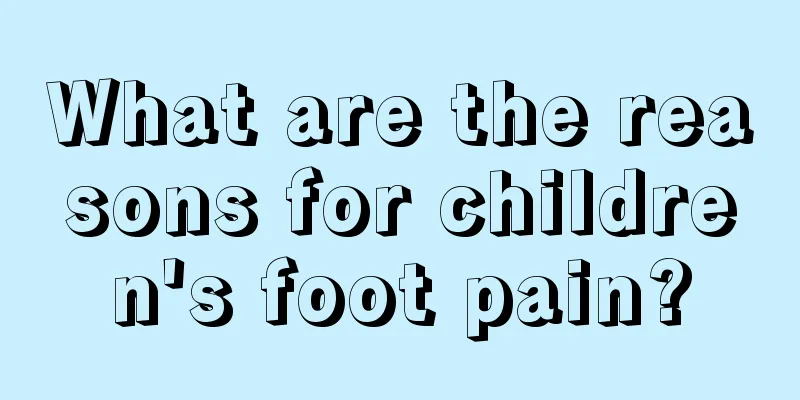At what age do baby teeth start to be replaced?
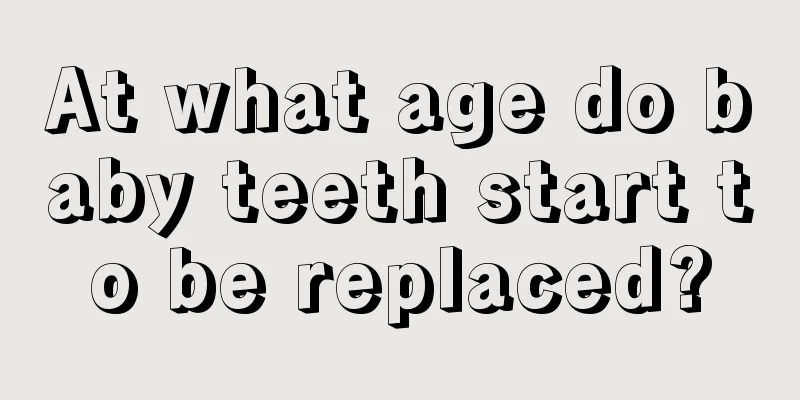
|
Everyone goes through a period of tooth replacement in childhood. The first teeth that grow after we are born are called deciduous teeth. We need teeth to eat, so having a good set of teeth is the key. Children grow and develop very quickly. The quality of teeth also depends on good nutrition and adequate sleep, etc. So the question is, at what age does a baby begin to replace his deciduous teeth? The timing of tooth replacement and the speed of tooth growth are different for each child. Children nowadays develop early, and the physiological shedding of the first deciduous teeth mostly occurs around the age of 6, but it can also occur as early as 4 years old, or as late as 7-8 years old. There is no need to worry. The naturally fallen deciduous teeth have no roots and the fallen surface appears eroded. Some babies do not eat much hard food, so the permanent teeth grow out before the deciduous teeth fall out. In this case, the deciduous teeth should be removed in time to avoid affecting the growth and position of the permanent teeth. The first two teeth to be replaced are the lower middle front teeth, but this may be different for each baby. Babies grow upper central incisors and lower lateral incisors when they are 7-8 years old, upper lateral incisors when they are 8-9 years old, first and second canines when they are 9-12 years old, and permanent canines when they are 10-12 years old. The situation of each baby is different. Generally speaking, babies start to change their teeth between the ages of 6 and 12, and most of their teeth are replaced before the age of 14. It takes about six months to a year for the front teeth to grow from the deciduous teeth to the permanent teeth. After children start to change their teeth, parents should regularly observe the growth of their new teeth. Some children develop bad habits such as sticking out the tongue, sucking fingers, licking teeth, biting pencils, and biting lips when their teeth are erupting and changing. Parents should correct them in time, otherwise it will cause dental deformities and affect the child's ability to bite. As a mother, you must always pay attention to your baby's movements during the teething period. In order for your baby to have neat teeth, parents must take good care of their babies. Try to avoid eating too many snacks when your teeth are changing, as this is also not good for your teeth. So if you want to have beautiful teeth, it all depends on your eating habits. |
<<: What should I do if mycoplasma pneumonia is infected in children?
>>: What is the cause of premature graying of hair?
Recommend
How does a three-month-old baby develop?
For babies, due to physical reasons, newborns may...
Why do children lose their hair?
We adults lose hair every day, but children hardl...
What to do if a three-year-old baby has a fever and vomits
What worries parents the most is the baby's f...
How to perform massage techniques on children with fever?
In fact, when a child has a fever, it is feasible...
What to do if children have blisters on the soles of their feet
When babies are young, they are often infected wi...
What is the reason for the two-year-old baby's yellow hair?
The physical health of the baby is the most impor...
What is the condition of children's black nails?
What does it mean when a child’s nails turn black...
What is the best food for children with cold and cough?
Different people have different physiques, especi...
What to do if your child has contact dermatitis
Children's contact dermatitis is likely an al...
What should children eat to grow fast?
Parents all hope that their babies can grow up qu...
Why are children's hands peeling?
Children generally have better skin than adults, ...
Goose bumps on the child
Children may have symptoms similar to goose bumps...
White spots on the child's skin
White spots on a child's skin may be symptoms...
How to improve baby's stuffy nose and poor sleep at night
If the baby has any abnormal physical condition, ...
Excessive jaundice can cause cerebral palsy
Although most babies will face the problem of jau...


